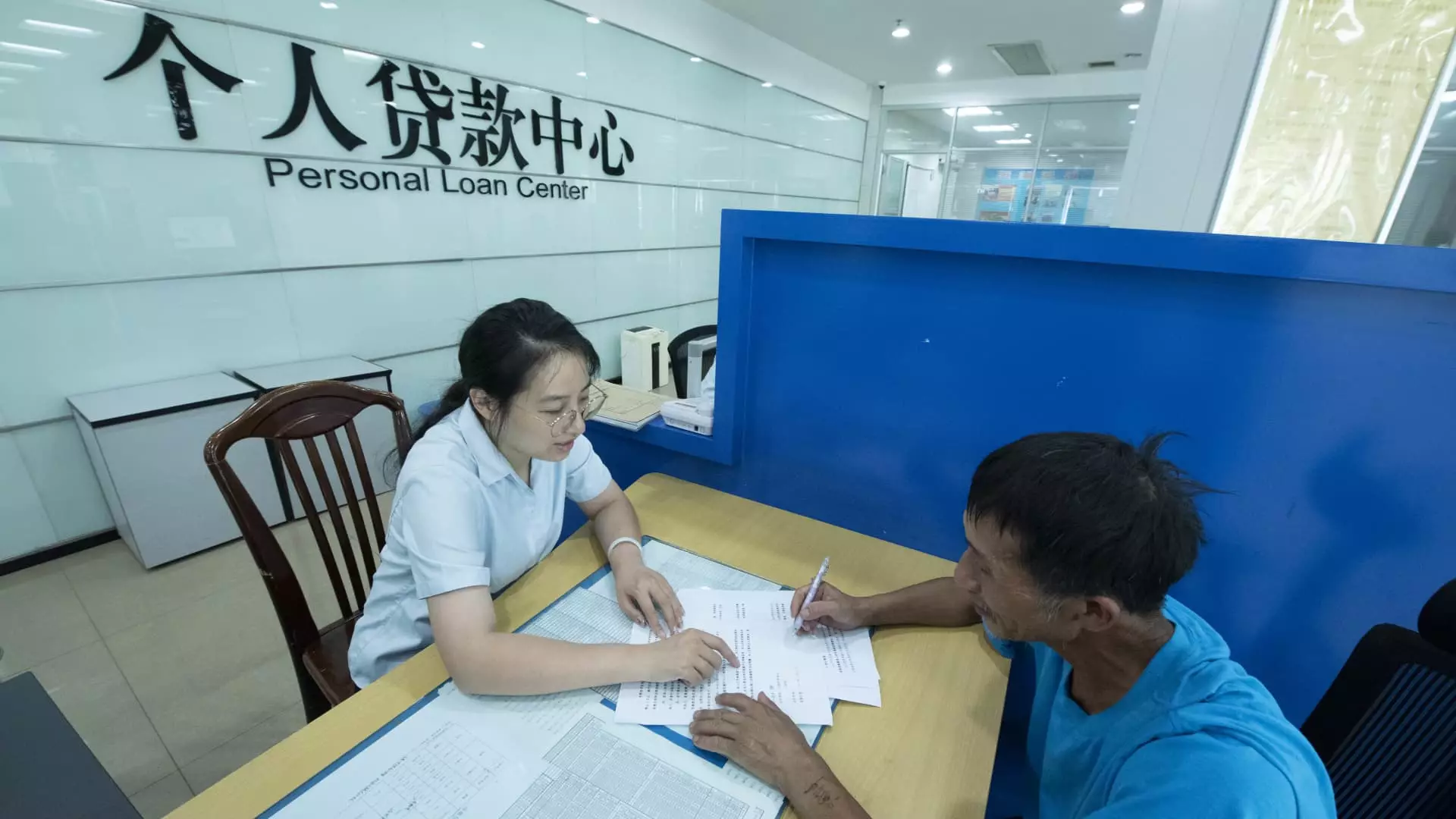The housing market in China is currently facing significant challenges, with government stimulus measures failing to provide the necessary support. Despite various efforts to prop up the sector, including lowering homeowner borrowing costs, the housing market crash is far from over, according to Haibin Zhu, chief China economist at JPMorgan. Home prices are expected to remain unstable, with stabilization not likely until at least 2025.
Recent data released by China Index Academy indicates a decline in both new and resale home prices. On average, new home prices across 100 Chinese cities only rose by 0.11% in July, a slowdown from the previous month. Additionally, resale home prices dropped by 0.71% from the previous month, highlighting the ongoing challenges faced by the housing market.
While China is considering a plan to allow refinancing on up to $5.4 trillion in mortgages to lower homeowner borrowing costs, analysts are skeptical about its effectiveness. Winnie Wu, chief China equity strategist at BofA Securities, pointed out that lower mortgage rates could lead to banks reducing deposit rates to protect their margins. This could have a negative impact on interest income from household savings, ultimately limiting the impact of the proposed refinancing measure on stimulating homebuyer sentiment and overall consumption.
Despite the potential benefits of the proposed measures, it is clear that China’s housing market is facing deep-rooted issues that cannot be easily resolved. JPMorgan’s Zhu believes that the refinancing measure would do little to boost new home demand, further underscoring the challenges ahead for the sector. The overall outlook for the housing market remains uncertain, with continued softness expected in the coming years.
The housing market in China continues to grapple with a range of challenges, including declining home prices and ineffective government stimulus measures. While efforts are being made to support the sector, it is evident that more comprehensive solutions are needed to address the underlying issues. As the market remains in a state of flux, it is crucial for policymakers and industry stakeholders to work together to find sustainable solutions that can drive long-term growth and stability in the housing market.

